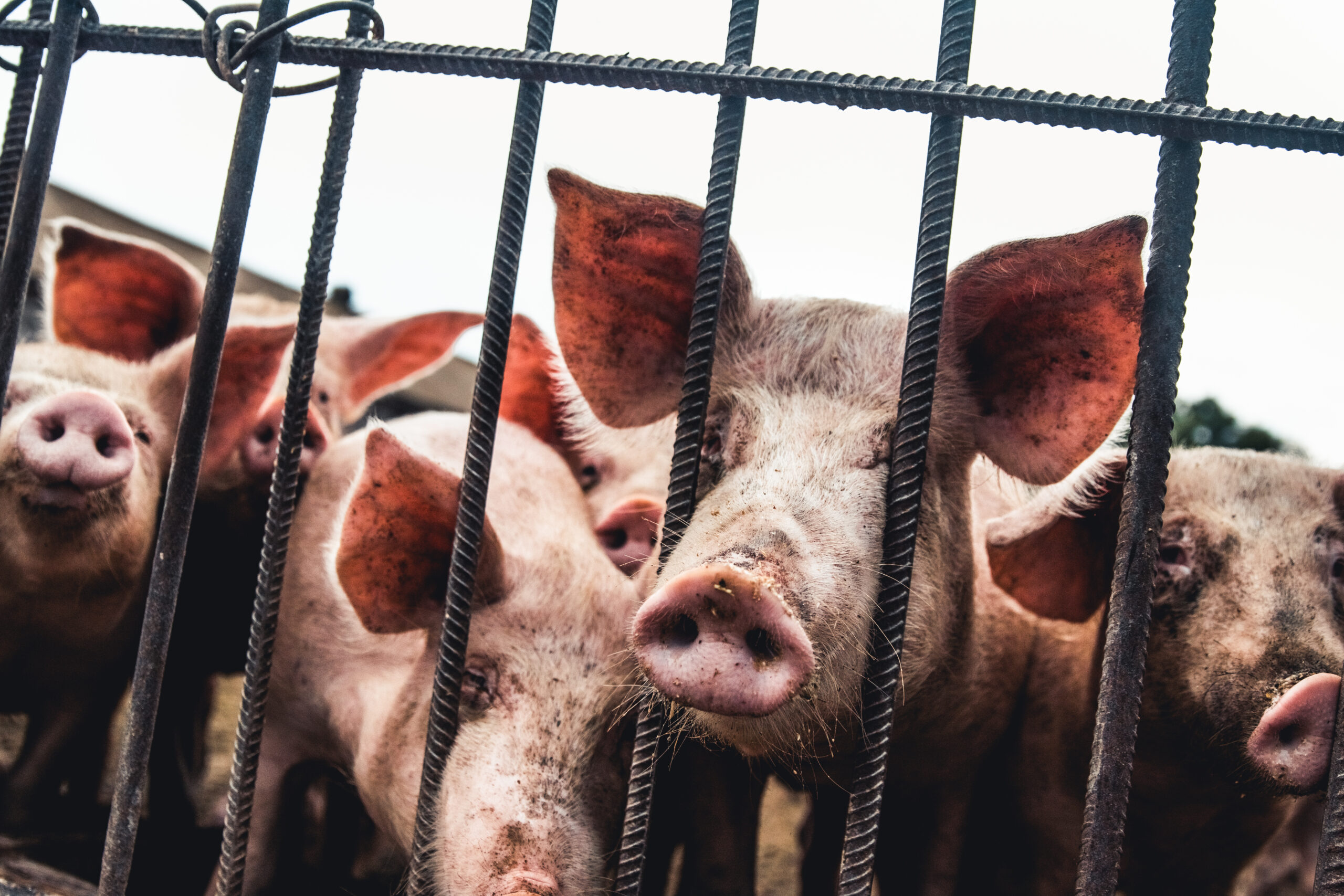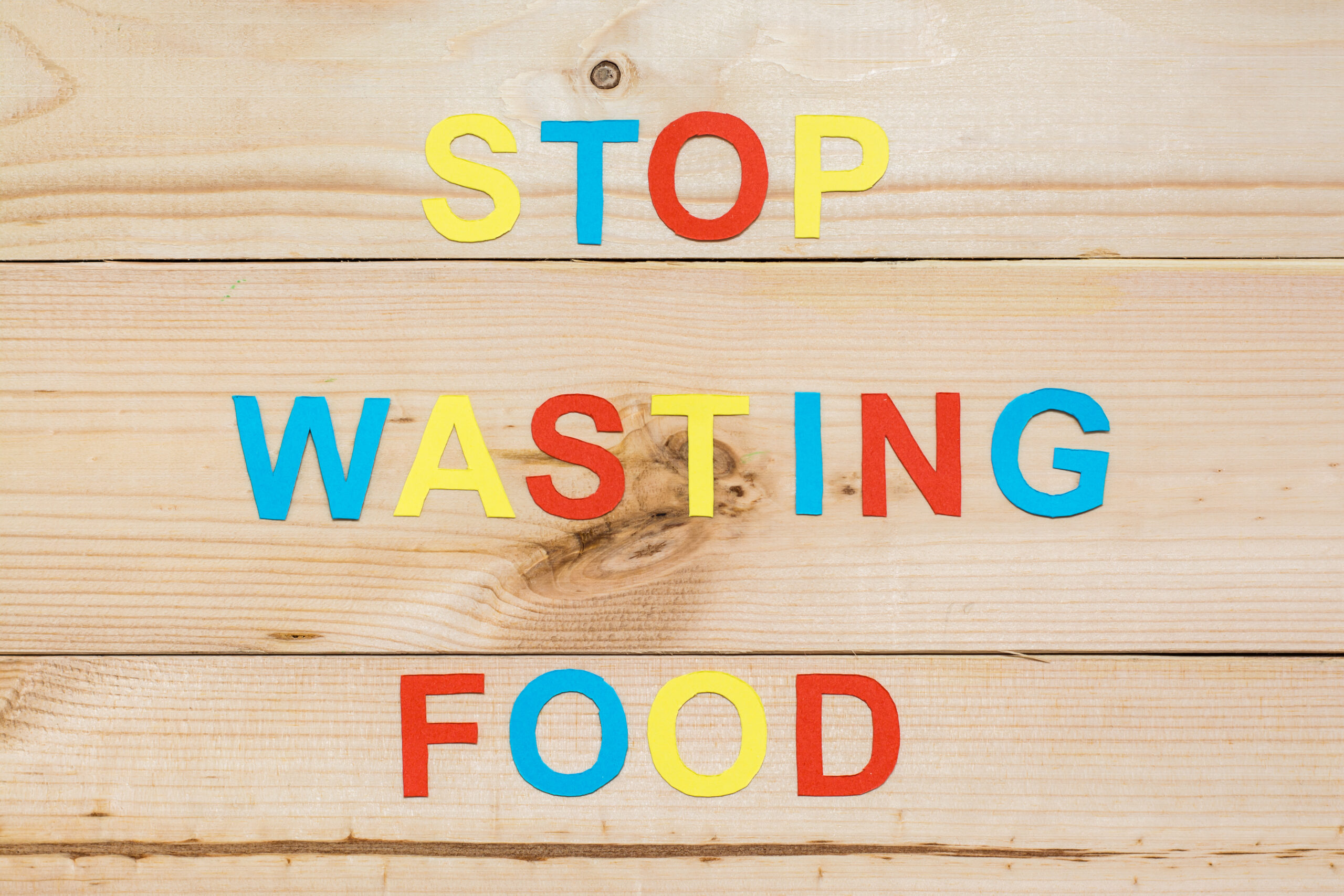The presence of lead in cinnamon has recently emerged as a significant food safety concern. This toxic element, when consumed in large amounts, can lead to serious health issues, including neurological damage and developmental delays in children. As a staple spice in many kitchens, the discovery of elevated lead levels in cinnamon products has prompted a closer look at food safety practices and regulations.
Why Cinnamon is Prone to Higher Lead Levels
Cinnamon can become contaminated with lead through various pathways. One primary source is environmental contamination. Crops grown in or near soils with high lead concentrations, often due to past use of leaded gasoline and industrial emissions, can absorb lead. Additionally, the processing of cinnamon, including drying, grinding and packaging, can introduce lead if the equipment or materials are contaminated.
Water used in irrigation can also be a source of lead, especially in areas with old, corroding pipes. Another factor is the use of certain pesticides and fertilizers that contain lead, which can accumulate in the soil and be taken up by plants. Not to mention, the tradition of adding lead chromate to turmeric, a practice in some regions to enhance its bright yellow color, highlights the broader issue of adulteration in spices, which can similarly affect cinnamon.
Related: Cadmium and Lead in Dark Chocolate: A Sweet Treat with Bitter Concerns
Discovering Lead in Cinnamon Through Testing
The detection of lead in cinnamon relies on rigorous testing and analysis. Food safety authorities and manufacturers use advanced techniques such as inductively coupled plasma mass spectrometry (ICP-MS) to measure lead levels with high precision. This testing is part of broader food safety protocols aimed at ensuring the products reaching consumers are safe for consumption.
Regular testing is critical, given the health risks associated with lead exposure. When foods are found to have lead levels exceeding safety standards, food safety authorities can issue recalls and advisories to protect public health. These measures are essential for maintaining trust in the food supply and preventing lead exposure, especially among vulnerable populations such as children and pregnant women.
Recent Recalls of Cinnamon Products
In response to the alarming findings of lead in cinnamon, there have been several recalls of cinnamon products in the last few months alone. For example, in March, the US Food and Drug Administration (FDA) issued an alert for several brands of ground cinnamon found to contain elevated levels of lead, ranging from 2.03 to 3.4 parts per million (ppm).
The affected brands included La Fiesta, Marcum, MK, Swad, Supreme Tradition and El Chilar, which are typically sold at discount stores. This comes after an investigation that began with the recall of cinnamon apple puree and applesauce products in October 2023 due to elevated lead levels linked to the cinnamon in those products.
More recently, Florida-based Spices USA Inc. issued a recall for its Tasty-Sawa cinnamon. The affected cinnamon products have been distributed within the US across Florida, Georgia and North Carolina, as well as internationally in Trinidad and Tobago and Guyana.
These recalls underscore the need for continuous monitoring and improvement of food safety practices. They also highlight the importance of transparency in the food supply chain, as consumers increasingly demand to know more about where their food comes from and how it is tested for safety.
The concern over lead in cinnamon is a stark reminder of the ongoing challenges in ensuring food safety. It emphasizes the need for stringent testing, rigorous standards and transparent practices across the food industry.
As consumers, it’s crucial to stay informed about these issues and support brands that prioritize safety and quality. Meanwhile, the food industry must continue to innovate and improve its practices to protect public health and maintain consumer trust in their products.
If you want your company to be featured on Xtalks.com, please email [email protected].












Join or login to leave a comment
JOIN LOGIN